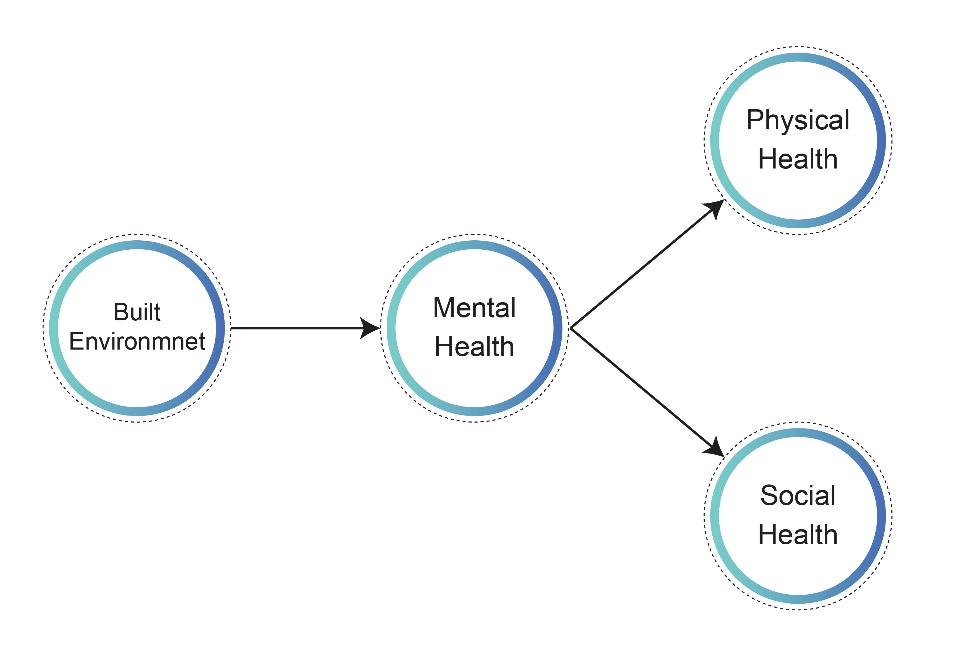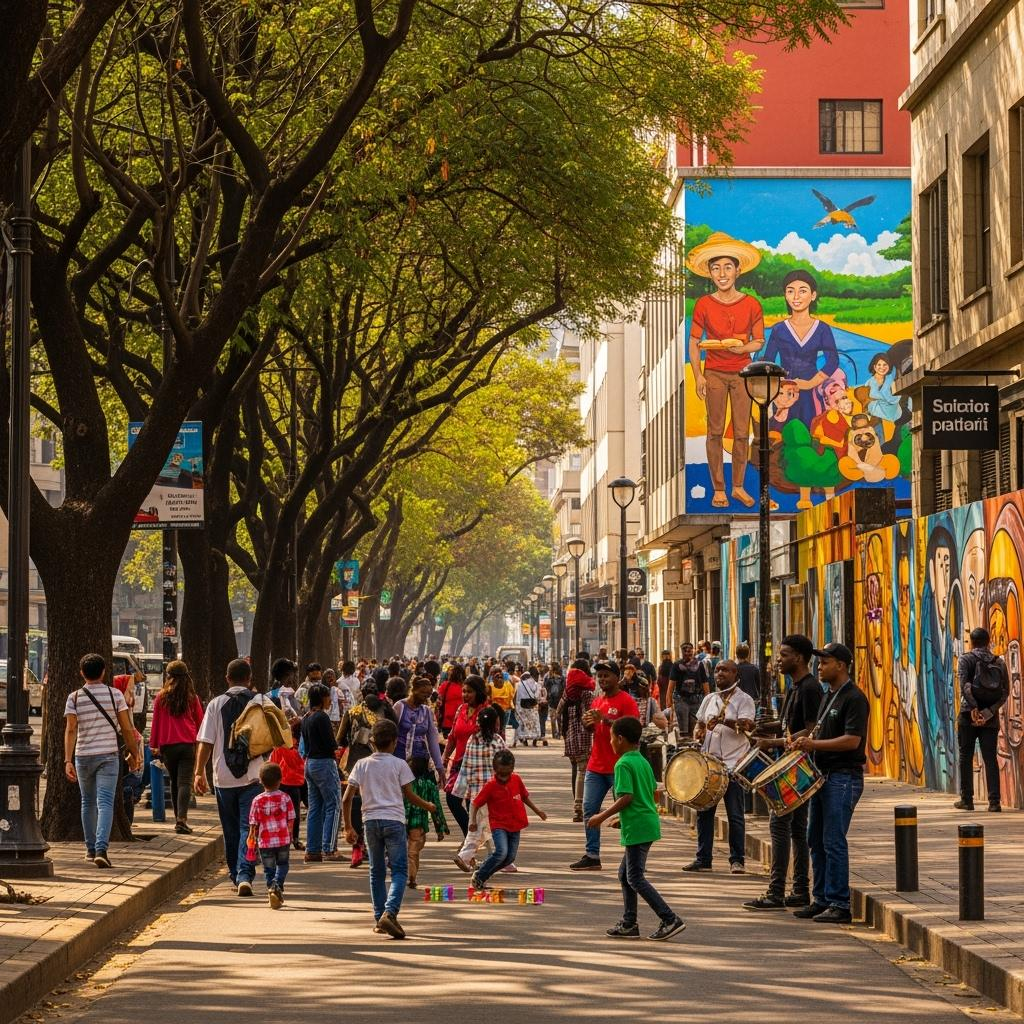An equity lens for the differences in attributes of Australian beaches: Physical well-being and health

Beaches can be important settings for physical activity. The quality of these spaces (safety, amenities, aesthetics) can influence how well they support physical activity and health. The quality of beaches may differ across neighbourhoods, with higher socioeconomic status neighbourhoods having disproportionately better access to beaches.
A holistic perspective in health-supportive design of future homes as informal offices

The expected rise of working from home after the COVID-19 pandemic necessitates a deeper understanding of the cause and effect of home environment on physical, mental, and social health. Existing research primarily focuses on physical and psychological health, with less attention given to social health. Incorporating social health is emphasized by various researchers during the pandemic. Moreover, the interconnected nature of health components suggests the possibility of mediation, requiring a model selection to represent the working from home situation.
How to create happier urban spaces in developing megacities: 18 actionable factors for city leaders

What makes a city truly happy? Drawing on research from nine global megacities, this study identifies the most important factors that foster happiness in urban public spaces. Put these 18 evidence-based criteria to work and transform your city’s streets, parks, and squares.
Health on the margins: How social, political and environmental factors shape health outcomes in Harare’s informal settlements

People living in informal settlements endure the disproportionate burden of health vulnerabilities due to poor living conditions, overcrowding and infrastructural neglect. I examine how social, economic, political and environmental forces converge to amplify health disparities in Harare’s informal settlements.


